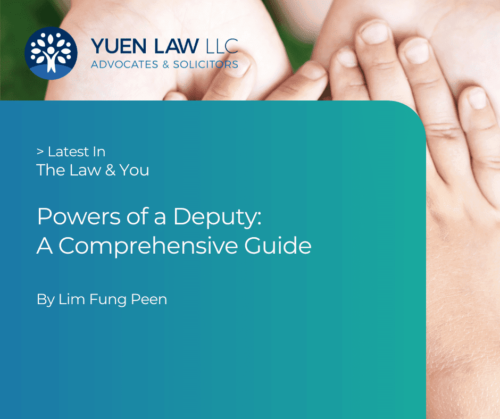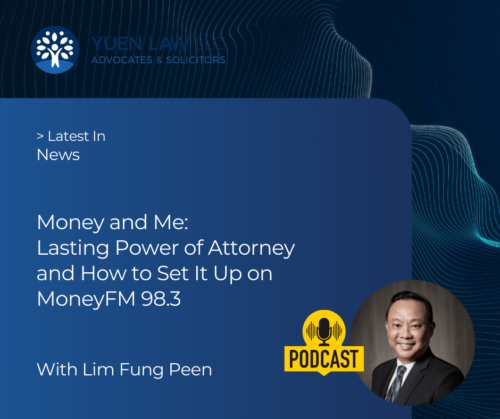Legal Options for Those With No LPA Done
The Mental Capacity Act allows the court to act in situations when a decision is required but you are unable to make the decision on your own and there is no one appointed to do so for you. The court can either make the decision(s) on your behalf or make orders for someone to be your deputy who will make the decision(s) on your behalf.
The type of actions and decisions a deputy can make are specifically covered in the court order. A deputy has to follow the court’s directions and cannot exceed the scope of authority as laid down by the court, nor delegate his authority or responsibility to another person. The deputy may sometimes be required to provide reports to the Public Guardian who supervises deputies to make sure that there is no abuse of power.
Making an LPA in Advance is the Best Form of Protection
The Mental Capacity Act was designed to provide a regulatory framework that allows you to prepare for the situation where you lose your mental capacity before it takes place. Through the Act, you can make a Lasting Power of Attorney (LPA) to appoint one or more persons (the ‘donee(s)’) to act and decide matters on your behalf at the specific time where you lose mental capacity.
Making an LPA in advance not only allows you to safeguard your interests but also minimises the stress and difficulties your loved ones will face when you do lose your mental capacity. Your loved ones will not have to apply for the court order, which can be a tedious process.
For assistance on Lasting Power of Attorney (LPA), please contact us to make an appointment.






